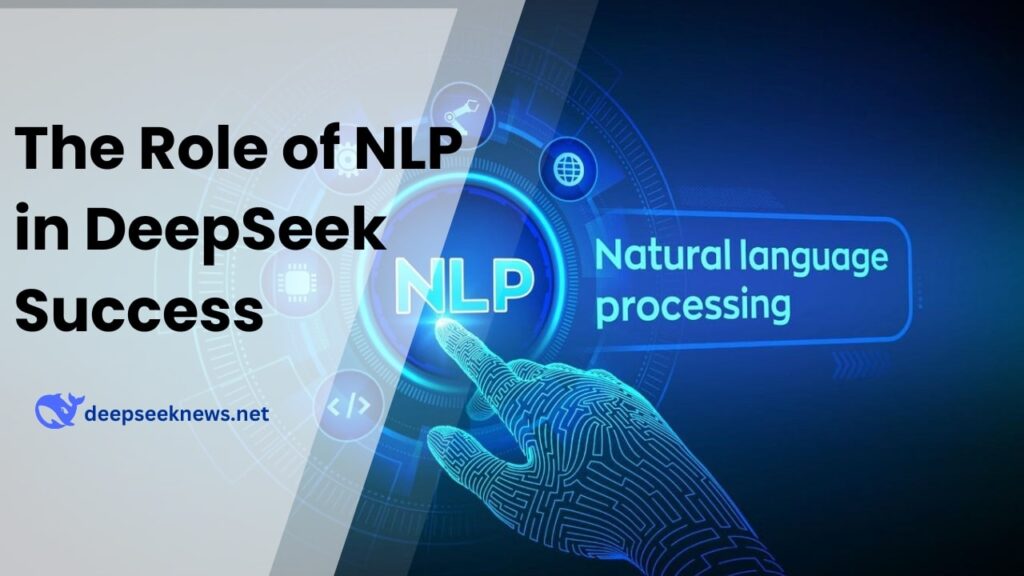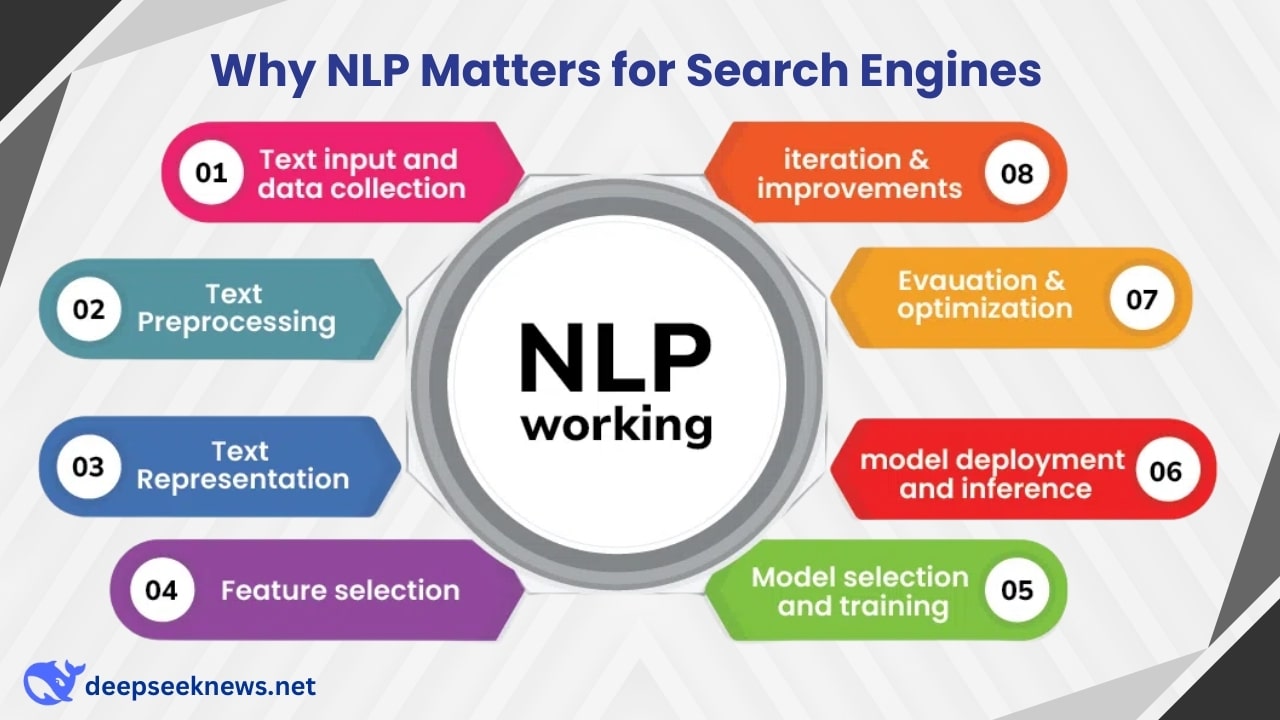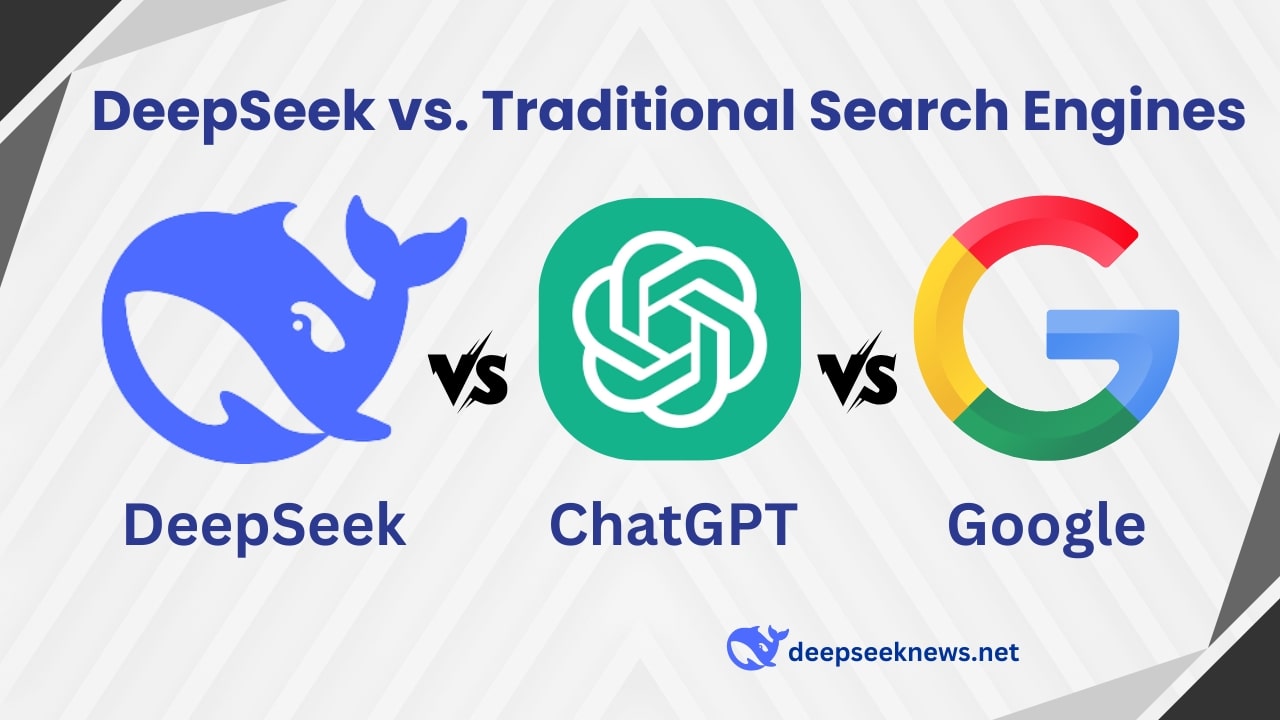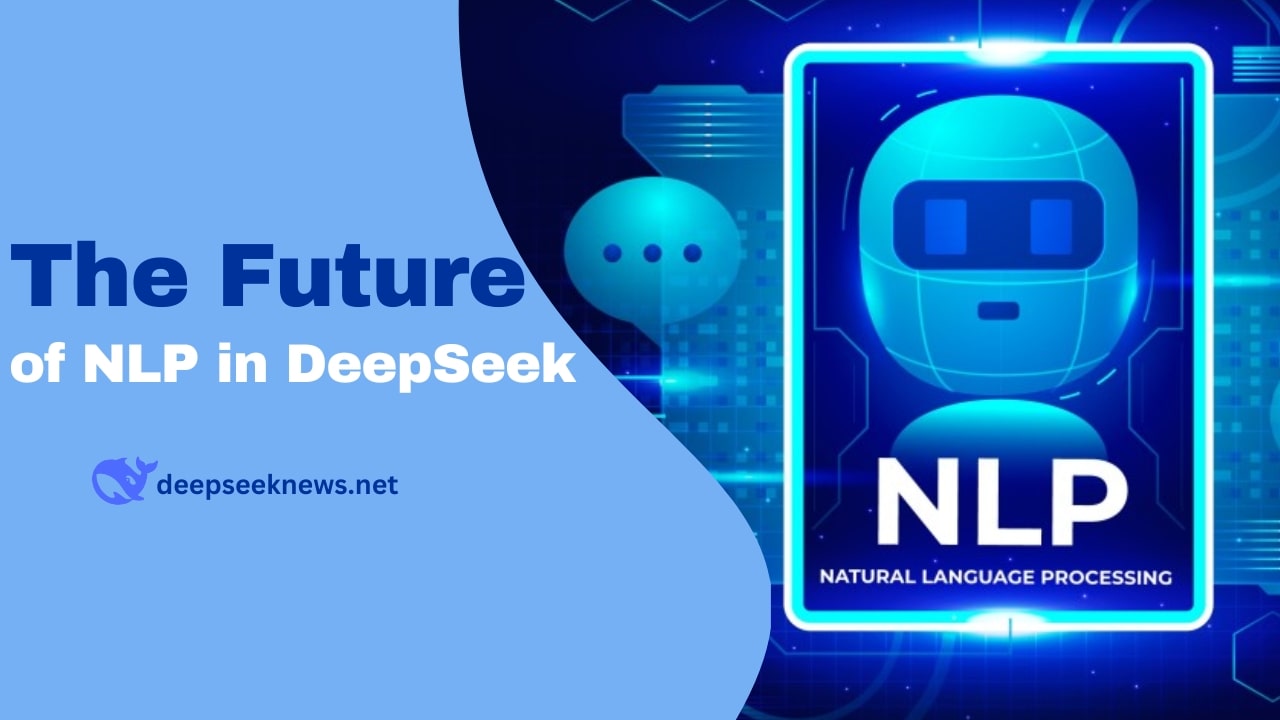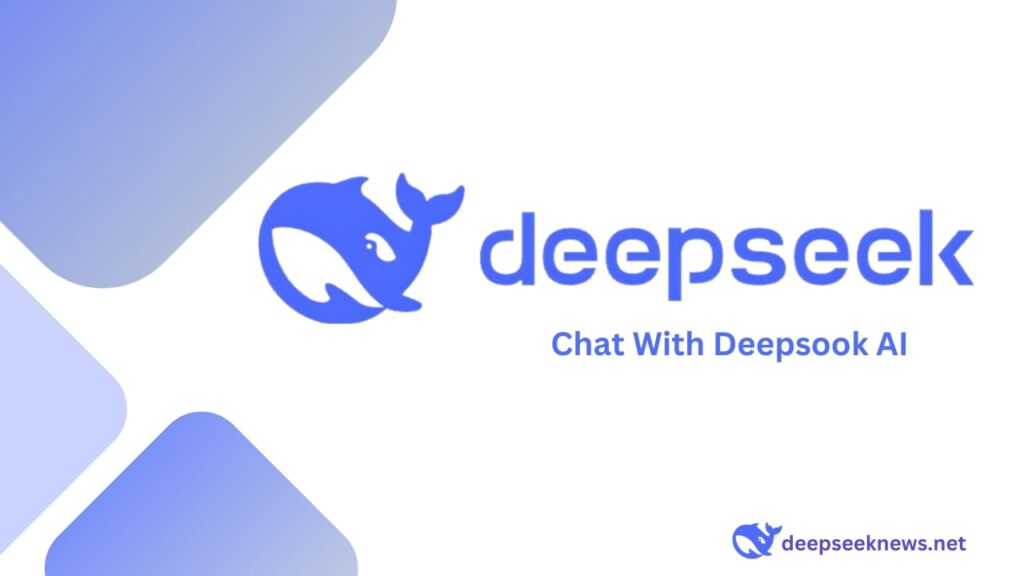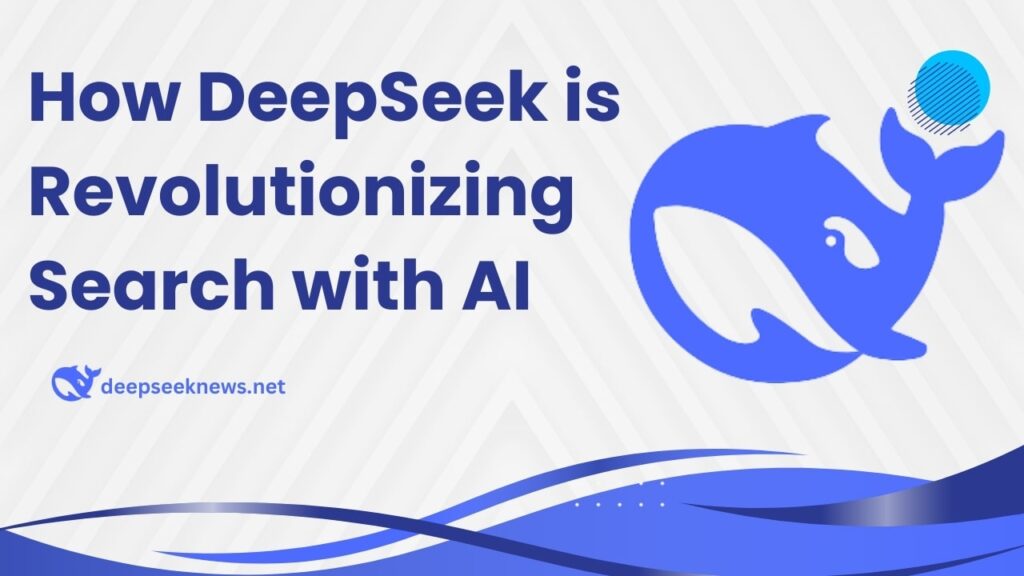In the world of search engines, understanding user intent is key. DeepSeek, an AI-powered search engine, has gained attention for its ability to deliver precise and context-aware results. At the heart of its success lies Natural Language Processing (NLP). Let’s explore how language processing technology powers this intelligent search system and sets it apart from traditional search engines.
What is Natural Language Processing?
Natural Language Processing, or NLP, is a branch of artificial intelligence. It focuses on enabling machines to understand and interpret human language. This advanced system allows computers to analyze text, recognize speech, and even generate responses.
For search engines, language intelligence is a game-changer. It helps them move beyond keyword matching. Instead, they can comprehend the intent behind queries. This leads to more precise and relevant results.
How NLP Powers DeepSeek
Uses NLP to revolutionize the search experience. Here’s how:
- Understanding Natural Language Queries
Traditional search engines rely on keywords. DeepSeek’s AI advancements allow it to understand full sentences. For example, if you ask, “What’s the best Italian restaurant near me?” this intelligent system interprets the intent and provides customized recommendations. - Contextual Understanding
Language processing technology allows this tool to revolutionize search. If you ask, “Who is the CEO of Tesla?” followed by “How old is he?” the system understands that “he” refers to Elon Musk, making interactions feel more natural - Conversational Search
The platform’s NLP capabilities enable conversational search. Users can ask questions as if they’re talking to a person. This eliminates the need for fragmented keywords and makes searching more intuitive. - Multilingual Support
Advanced NLP enables DeepSeek to become a game-changer in research, making it accessible to a global audience by understanding multiple languages.
Why NLP Matters for Search Engines
NLP is transforming how search engines work. Here’s why it’s so important:
- Improved User Experience
NLP makes search engines more user-friendly. Users can ask questions in their own words without worrying about specific keywords. This reduces frustration and improves satisfaction. - Better Accuracy
By understanding context and intent, DeepSeek sets a benchmark for AI-powered search, delivering more accurate results for complex queries. - Personalization
Advanced language processing helps this intelligent search system learn user preferences over time. This allows it to provide personalized results. For example, if you frequently search for vegan recipes, the search engine will prioritize those in your results. - Real-Time Adaptability
NLP enables DeepSeek to process real-time data. Whether it’s breaking news or live sports scores, its can provide up-to-date information quickly.
DeepSeek vs. Traditional Search Engines
Traditional search engines like Google rely on keyword-based algorithms, which often fail to understand the context or intent behind queries. AI-powered approach overcomes these limitations by inferring meaning rather than just matching keywords.
For example, if you search for “apple,” a traditional engine might show results about the fruit and the tech company. An advanced AI-driven search system, using language understanding technology, can infer the intent based on your search history or context. If you’ve been searching for tech news, it will prioritize Apple Inc.
Challenges of NLP in Search Engines
While language processing technology offers many benefits, it’s not without challenges.
- Complexity of Human Language
Human language is complex and often ambiguous. Sarcasm, idioms, and cultural nuances can be difficult for machines to understand. - Data Requirements
NLP models require vast amounts of data to function effectively. Collecting and processing this data can be resource-intensive. - Bias in Algorithms
NLP models can inherit biases from the data they’re trained on. This can lead to unfair or inaccurate results. Addressing these biases is crucial for fairness and reliability.
The Future of NLP in DeepSeek
As language processing technology advances, this intelligent search system’s capabilities will only improve. Future developments could include:
- Enhanced Multimodal Search
DeepSeek could integrate NLP with image and voice recognition. This would allow users to search using multiple input types seamlessly. - Deeper Personalization
NLP could enable the system to understand user preferences at a deeper level. This would make search results even more tailored and relevant. - Real-Time Translation
An advanced AI-driven search engine could use language processing techniques to offer real-time translation for multilingual searches. This would make it even more accessible to global users.
Conclusion
Natural Language Processing is the backbone of DeepSeek’s success. It enables the search engine to understand user intent, maintain context, and deliver personalized results. By leveraging NLP, the platform offers a smarter and more intuitive search experience.
While challenges remain, the potential of language understanding technology in search engines is immense. As technology evolves, this advanced search engine’s capabilities will continue to grow. This positions it as a strong competitor in the search engine market.
For users, this means faster, more accurate, and more personalized search results. The use of language processing technology is not just a technological advancement—it’s a step toward a more human-like interaction with machines.

